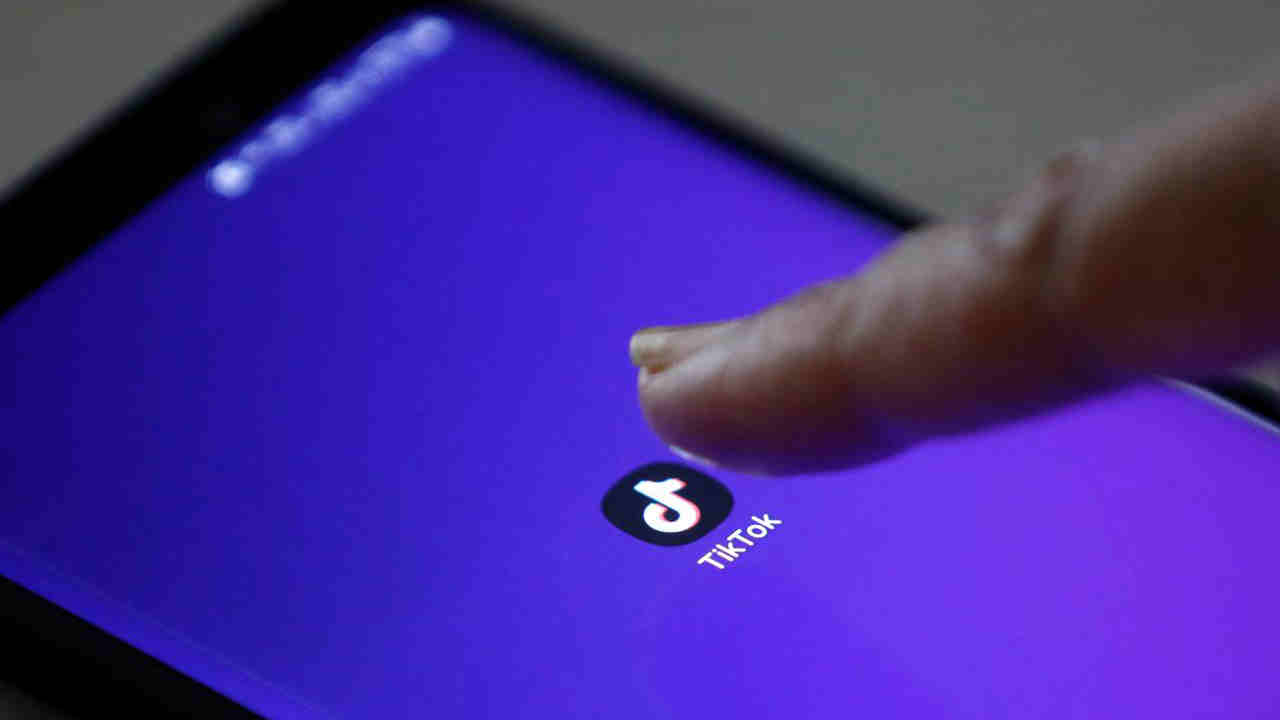
Editor's note: Matteo Giovannini is a finance professional at ICBC in Beijing and a member of the China Task Force at the Italian Ministry of Economic Development. The article reflects the author's views, and not necessarily those of CGTN.
One of the most impressive phenomenon in recent years is certainly TikTok, a Beijing-based company that has quickly become one of the most popular social media apps and that is widely expected to list in Hong Kong this year.
TikTok, owned by Bytedance and known in China as Douyin, launched in September 2016 and in a very short period of time has grabbed the attention of people across the globe through its video-creation and sharing app with over one billion downloads on smartphones, becoming the world's fastest growing app.
According to TechCrunch, TikTok reached 400 million daily active users in January 2020 compared to 250 million daily active users in January last year. According to eMarketer, TikTok currently controls 67.9 percent of China's mobile social network users and 59 percent of smartphone users, and in 2020 these figures are expected to reach 68.3 percent and 59.6 percent, respectively.
TikTok is used to produce and browse quick video clips of about 15 seconds and a major feature of the app lays in its editing functions, such as add-ons, music themes and animations that can be added according to users' preferences. The app has become so popular and addictive that recently regulators have said that TikTok has to include alert users when they've been watching clips for over 90 minutes.
TikTok has grown from a phenomenon in China to a global one and has turned into a very popular app in the U.S. where originally it was available as Musical.ly and then rebranded when the two apps merged in August 2018.
As a consequence of its popularity, TikTok has raised the attention and scrutiny of U.S regulators and politicians, as it has recently happened for every Chinese tech company due to the rising tensions between China and the U.S., since it is believed by American senators that the Chinese app represents a potential security threat to a users' data.
TikTok has denied any kind of accusation declaring that user data is safe and protected from third parties but this has not been enough for the U.S. It has even invited its citizens to avoid to download the app and prohibited members of the U.S. Army from installing the app on their devices in order to prevent any leak of sensitive information.
According Bloomberg, the parent company Bytedance is now looking for a new CEO for its TikTok U.S. business and it is reported that the interview process has already started for a role that is expected to be based in the company's U.S. office.

Tiktok is hugely popular with U.S. young people. /AP Photo
Tiktok is hugely popular with U.S. young people. /AP Photo
It is reported that the parent company Bytedance is now considering a range of options to address U.S. legislators' concerns, from an aggressive legal defense to the sale of a partial or full stake in TikTok.
What is clear is that the hiring of a new TikTok CEO solely focused on the U.S. is aimed at solving the U.S.' concerns and for this reason Bytedance is looking for a person able to deal at very high political level with Washington and eventually to manage an independent entity in case the U.S. authorities will impose a separation of ownership from the parent company.
TikTok is not only facing problems at political level in the U.S. but also in terms of market competition as Byte, a new video-sharing app, was reportedly released at the end of January to compete directly with TikTok. Byte has become the No. 1 free iPhone app on the U.S. app store and the No. 6 free app on Android's Play Store in the U.S. and is backed by the founder of the video-sharing service Vine, a company sold to Twitter in 2012.
TikTok is now demonstrating commitment to the U.S. market through the selection of a U.S.-based CEO to manage the relationship with the local government and the evaluation of a possible separation of TikTok from Bytedance in order to find a solution to the issues raised by the U.S. administration.
Despite this, the U.S. market is broadly considered as a champion of the free market where the government should not address issues through its invisible hand but should let market forces to address the dynamics of a market. Every company serves customers who are the only true judges in a market and, as TikTok's performance shows, customers have already made their choice through massive downloads and millions of daily active users.
The launch of Byte as a rival is another clumsy attempt to slow down the unstoppable growth of another Chinese unicorn in the tech industry and, due to the limited size and modest budget of the competitor, it should not create particular problems to TikTok.
It is now desirable that China and the U.S., after having signed the phase one deal last month, will be able to find a compromise to let TikTok, as well as Huawei and future Chinese unicorns, to grow and have their chances to succeed in the U.S. market without any political intervention or obstruction.
(If you want to contribute and have specific expertise, please contact us at opinions@cgtn.com.)